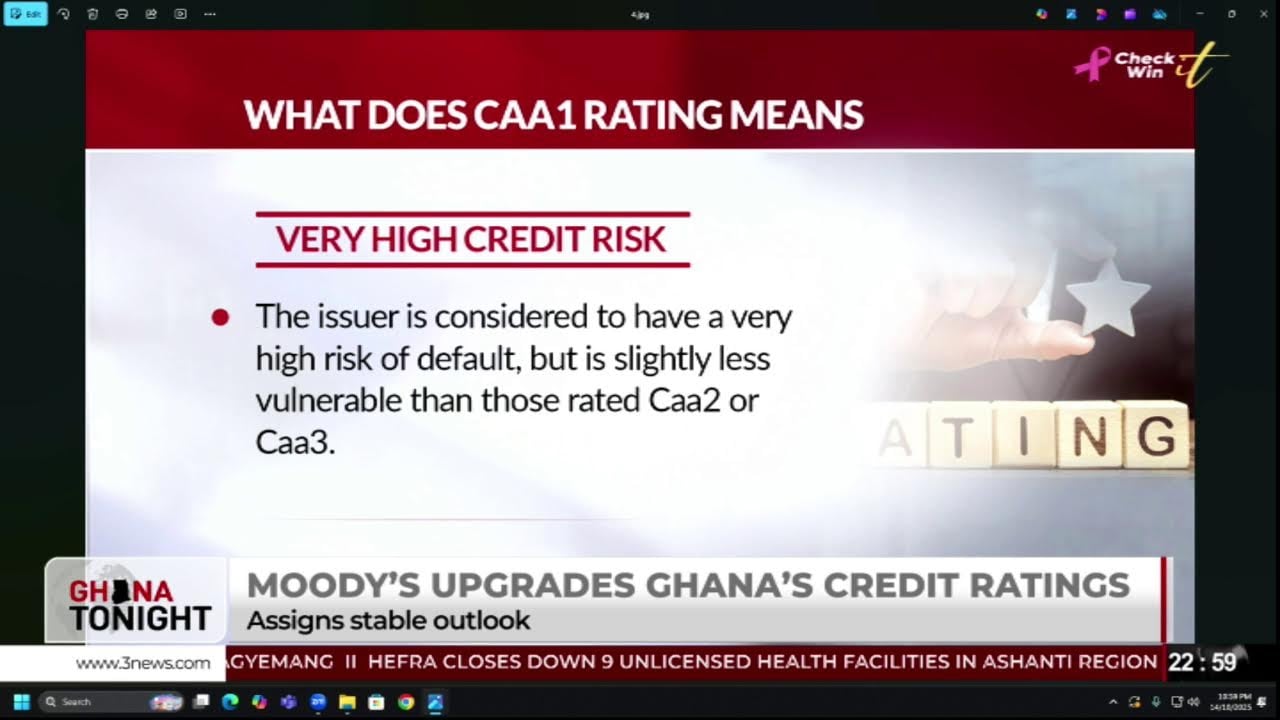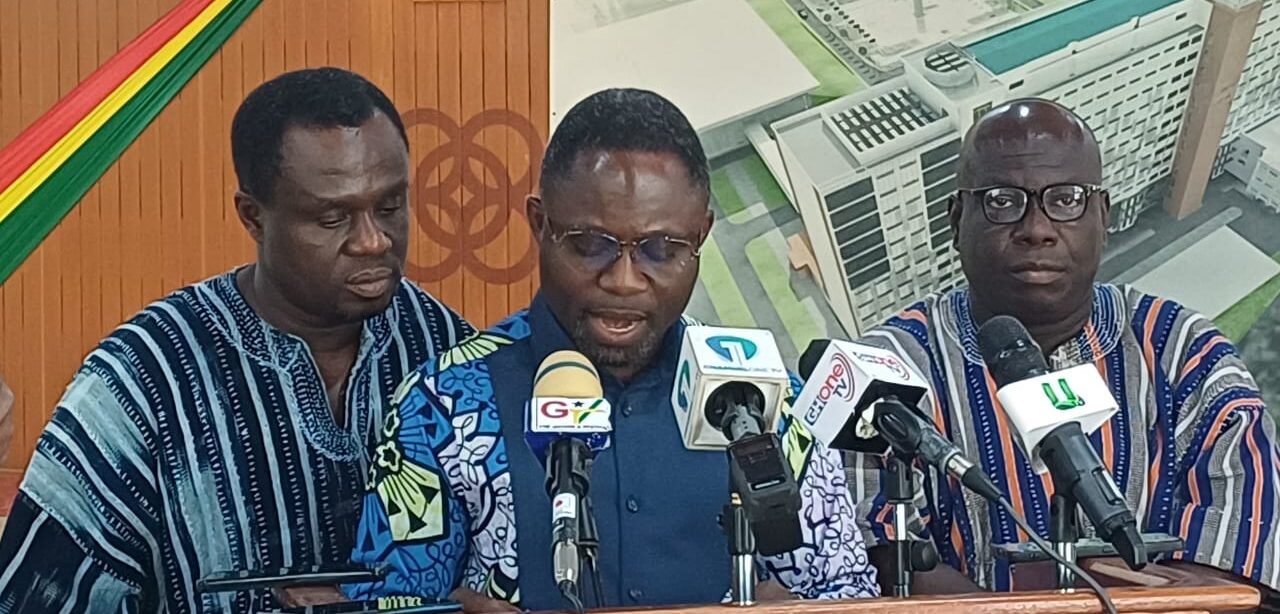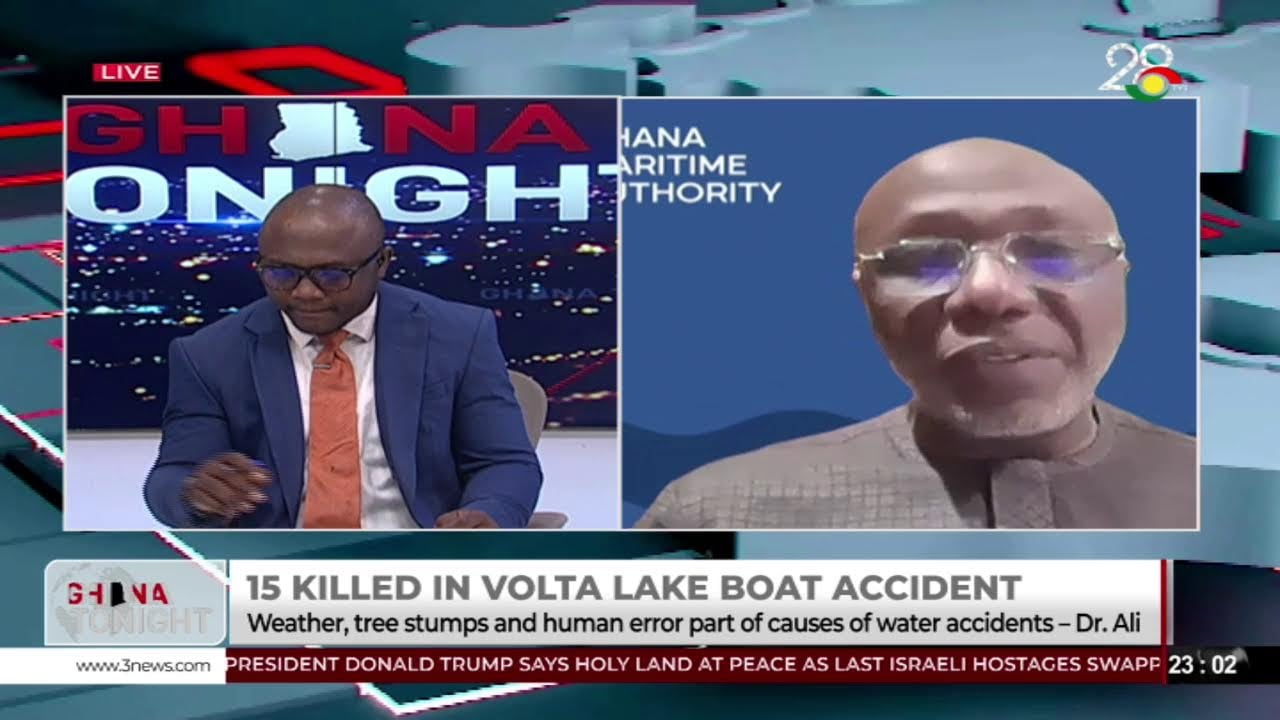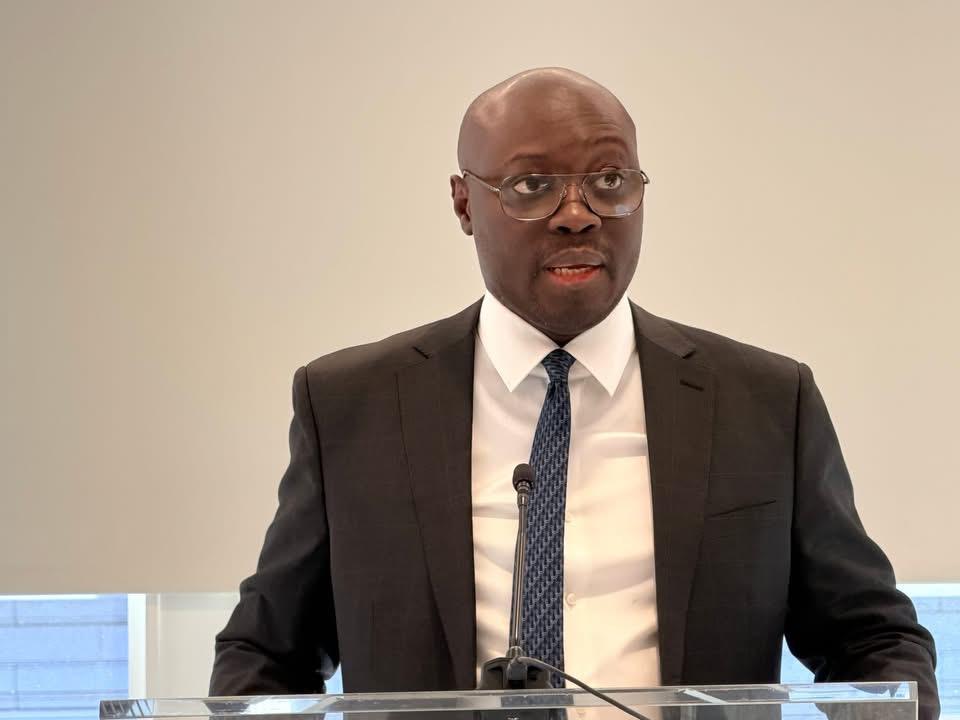

 Only 18 out of every 100 Ghanaians suffering from cataracts are able to access surgery to correct the error, due to the uneven distribution of Ophthalmologist in rural and underserved regions.
Only 18 out of every 100 Ghanaians suffering from cataracts are able to access surgery to correct the error, due to the uneven distribution of Ophthalmologist in rural and underserved regions.
Presently, six regions – Western North, Savannah, North East, Upper West, Upper East, and Oti – have no ophthalmologists to provide essential eye care services, leaving patients with no options than to live with the condition or travel to far palace to access care.
Dr Hornametor Afake, Head of Eye Care Unit, Ghana Health Service (GHS), said this at the commemoration of the World Sight Day in Accra on the theme: “Increasing Access to quality Eye Care in Ghana”.
He said Ghana needed to perform at least 68,000 cataract surgeries annually to eliminate the backlog and manage new cases.
“Over the past five years, fewer than 30,000 cataract surgeries have been performed each year, resulting in an average Cataract Surgical Rate (CSR) of 712 per million population,” Dr Afake said.
He noted that low surgical output had contributed to a growing backlog of untreated cataracts, which remained the leading cause of blindness in Ghana.
Until surgical volumes significantly increased, thousands will remain visually impaired or blind unnecessarily, he indicated.
Dr Afake called for the integration of eye care services into primary health care and the allocation of resources to expand surgical services, train and deploy more professionals, and improve infrastructure in neglected areas.
He stressed the need for the government to prioritise cataract care as part of national health planning to prevent a deepening crisis of avoidable blindness across the country.
Ghana must also expand access to cataract surgery, refractive services, glaucoma and cornea care and care for posterior segment conditions including diabetic retinopathy, the ophthalmologist said.
“For corneal opacities, what we need is a legislation on organ donation and transplantation, this will enable the professionals to perform corneal transplant and restore sight to over 27,000 Ghanaians with corneal opacities,” he added.
Professor Samuel Kaba Akoriyea, Director General, Ghana Health Service, in a speech read on his behalf, said approximately 252,000 Ghanaians were blind, while 360,000 suffer from severe visual impairment with up to 80 per cent of the cases considered preventable or treatable.
“While most ophthalmologists and eye clinics are located in urban centres, many people in remote areas face significant obstacles, including distance, cost, and a lack of trained personnel,” he said.
Even though the National Health Insurance Scheme (NHIS) covered surgeries for cataract and glaucoma, Prof Akoriyea noted that it did not include essential services like spectacles and low vision devices, a cost that many families could not afford.
He pledged the GHS’ resolve to working to integrate eye care into primary health care through the Community-based Health Planning and Services (CHPS) system.
He said the service was also strengthening human resources by expanding the training and retention of ophthalmologists, optometrists, ophthalmic nurses, and opticians across all regions.
The World Sight Day reminds the public that vision is not just a health issue but a human right, a driver of education, productivity, and dignity.
The Day is observed annually to raise awareness about blindness and visual impairment, to advocate accessible and quality eye care, and mobilise action at all levels.
In Ghana, it gives stakeholders the opportunity to reflect on progress, confront national challenges and renew commitments to ensuring that no Ghanaian is needlessly blind or visually impaired.
The country’s leading causes of blindness are Cataract, Glaucoma, Posterior Segment Diseases and Corneal Opacities, uncorrected refractive error and cataract.
Currently, Ghana has 141 Ophthalmologists ,570 Optometrists, 900 Ophthalmic Nurses and 800 Opticians.
Source: GNA
The post Ghana faces cataract surgery crisis as access remains critically low appeared first on Ghana Business News.
Read Full Story




























Facebook
Twitter
Pinterest
Instagram
Google+
YouTube
LinkedIn
RSS